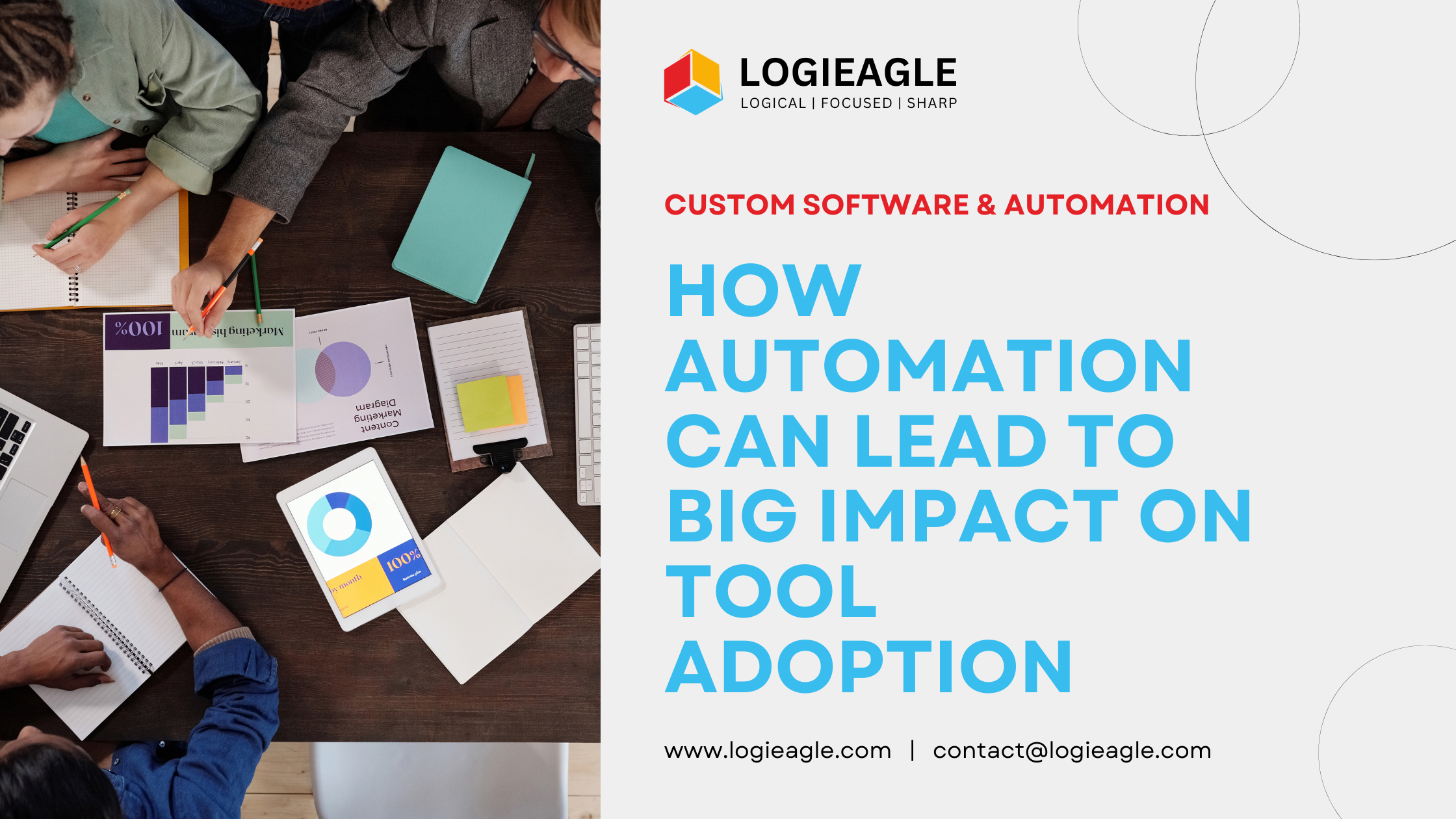
Role of AI in Digital Transformation: Key Capabilities and Benefits
Artificial Intelligence (AI) is at the forefront of the digital transformation revolution, driving innovation and efficiency across industries. By harnessing AI’s capabilities, businesses can enhance processes, make informed decisions, and deliver exceptional customer experiences. In this blog, we’ll explore the pivotal role of AI in digital transformation, its key capabilities, and the significant benefits it offers.
What Is Digital Transformation?
Digital transformation involves integrating digital technologies into all aspects of a business to improve operations, deliver value to customers, and adapt to changing market dynamics. AI plays a central role in this process, acting as the engine that powers automation, insights, and innovation.
Capabilities of AI in Digital Transformation
1. Advanced Data Analytics
AI’s ability to process and analyze massive datasets enables businesses to extract actionable insights. These insights can be used for predictive analytics, customer behavior analysis, and trend forecasting, empowering businesses to make data-driven decisions.
2. Automation of Repetitive Tasks
AI-driven automation simplifies routine tasks such as data entry, invoice processing, and customer support. Robotic Process Automation (RPA), powered by AI, improves accuracy, reduces costs, and frees up human resources for more strategic roles.
3. Personalized Customer Experiences
AI enhances customer interactions by offering personalized recommendations, 24/7 chatbot support, and sentiment analysis. This level of personalization fosters customer loyalty and drives higher satisfaction rates.
4. Enhanced Cybersecurity
AI strengthens digital security by detecting anomalies, predicting potential threats, and responding to cyberattacks in real-time. With AI, businesses can safeguard sensitive data and ensure compliance with regulations.
5. Smart Decision-Making
AI-powered tools such as machine learning models and neural networks provide businesses with real-time insights to make informed decisions. Whether optimizing supply chains or forecasting market trends, AI ensures smarter strategies.
Benefits of AI in Digital Transformation
1. Increased Efficiency
AI streamlines processes, reduces human error, and accelerates workflows. This results in higher productivity and better resource allocation.
2. Cost Savings
By automating routine tasks and improving decision-making, AI helps organizations reduce operational costs while increasing output quality.
3. Improved Customer Engagement
AI allows businesses to understand customer preferences and needs, offering personalized services and building stronger relationships with clients.
4. Competitive Advantage
Companies that embrace AI can innovate faster, adapt to market trends, and gain a competitive edge in their industries.
5. Scalability
AI solutions are designed to scale effortlessly with the growth of an organization. Whether managing a growing customer base or analyzing larger datasets, AI adapts to meet evolving demands.
Industries Benefiting from AI in Digital Transformation
AI is transforming industries such as healthcare, retail, manufacturing, finance, and education. For instance:
- Healthcare uses AI for diagnostics and personalized treatment.
- Retailers leverage AI for inventory management and personalized marketing.
- Manufacturing adopts AI for predictive maintenance and quality control.
- Finance benefits from AI in fraud detection and risk assessment.
Conclusion
Artificial Intelligence is a game-changer in the digital transformation journey. Its capabilities—ranging from advanced analytics to smart decision-making—empower businesses to stay competitive, adapt to market demands, and deliver unparalleled value to customers. As AI continues to evolve, its role in shaping the future of digital transformation will only grow stronger.
For more insights into how technology is revolutionizing industries, explore our blog. Stay updated on the latest trends in AI and digital transformation.
 Master Inventory Management with These VBA Tips and Tricks
Master Inventory Management with These VBA Tips and Tricks
 Timing Your Investment: The Key to Successful Business Automation
Timing Your Investment: The Key to Successful Business Automation
 5 Ways Custom Web Apps Outperform Off-the-Shelf Tools
5 Ways Custom Web Apps Outperform Off-the-Shelf Tools
 Evaluating ERP Vendors in 2025: What You Need to Know
Evaluating ERP Vendors in 2025: What You Need to Know
 How automation can lead to Big Impact on Tool Adoption
How automation can lead to Big Impact on Tool Adoption
 How to Use Excel Macros to Enhance Team Efficiency
How to Use Excel Macros to Enhance Team Efficiency
 From Idea to Prototype: Build Your Product Without a Dev Team
From Idea to Prototype: Build Your Product Without a Dev Team
 Boost Your Small Business Credibility by Avoiding These 7 Common Website Mistakes
Boost Your Small Business Credibility by Avoiding These 7 Common Website Mistakes
 Boost Your SME's Success with Smart UX Design
Boost Your SME's Success with Smart UX Design
 The Future of ERP: Lightweight Tools for Growing Companies
The Future of ERP: Lightweight Tools for Growing Companies